S D Batish

Subscribe to read full article
This section is for paid subscribers only. Our subscription is only $37/- for one full year.
You get unlimited access to all paid section and features on the website with this subscription.
Not ready for a full subscription?
You can access this article for $2 , and have it saved to your account for one year.
- Real Name: Shiv Dayal Batish
- Born: 14/12/ 1914 (Patiala, Punjab, British India)
- Died: 29 /07/ 2006
- Primary Cinema: Hindi
- Spouse: Shanta Devi Batish
- Children: Surendra Devi Batish, Tarun Kumar Batish, Vijay Laxmi Batish, Ashwin Kumar Batish, Ravi Kumar Batish
A master of the various vocal and instrumental styles of North Indian music, including Bhajans, Thumri, and Ghazals, Shiv Dayal Batish, or S D Batish as he is better known, was also a composer, playback singer and music director for Hindi films. Born on 14 December, 1914, in Patiala, his first radio programme was broadcast in 1936, from the All India Radio studios in Delhi. Joining the Hindi film industry in July 1947, in the capacity of music director, composer, playback singer, he was also invited by His Master's Voice, EMI to join the studio as a vocal artist. He is memorable for the music he scored in films such as Betab(1952), Bahu Beti (1953), Amar Keertan(1954), Toofan (1954), Ham Bhi Kuch Kam Nahin (1958), Tipu Sultan (1959), and Zalim Tera Jawab Naheen (1960). His songs have been sung by leading artistes of the day includingLata Mangeshkar, Asha Bhosle, Talat Mahmood,Mohammad Rafi, Sudha Malhotra, Manna Dey, and Geeta Dutt. Among his all-time hit songs are Pagadi sambhal jatta, Khamosh nigahen, and Aakhen kehe gayi dil ki baat. He also sang in the popular qawali Naa to kaaravaan ki talaash hai from the film Barsat Ki Raat (1960). In 1964, he received the Tansen Award from Sur Singaar Samsad for the song Mana mohana mana men from the film Meri Surat Teri Aankhen (1963).
It was while playing at a music festival in Cardiff, that Batish’s virtuosity impressed Lord Fenner Brockway, a British socialist politician. Brockway enabled him to immigrate to the United Kingdom. Batish went on to record several songs for the BBC, becoming a regular radio and television artist. He wrote the lyrics and composed the music, besides singing the theme song Nai zindagi naya jivan for the BBC television show Apna Hi Ghar Samajhiye. a cornerstone of early South Asian programming. Telecast in 1965, the show aimed to help immigrants from South Asia to the United Kingdom to become integrated. Batish is also said to be the first musician to be featured when Asian programmes in Britain started in 1965.
S D Batish, also known as Panditji, also has a Beatles connection—he played the vichitra veena in the incidental music used in the Fab Four’s comedy-adventure feature film, Help! (1965). He also went on to give lessons in dilruba to Pattie Boyd, the wife of Beatles guitarist George Harrison, who was dedicated to Indian classical music, thereby helping popularise the genre in the West in the mid-60s.He also recorded several audio albums including Om Shanti Meditation – Dilruba, Ram Bhajans - Hindu Devotional Songs, 72 Carnatic Melakarta of South India, Raga Todi - Alaap and Bhajan Jai Jia Mahadeva, Asavari Thaat Ragas Lakshan Geet, Bhairava Thaat Raga Lakshan Geet and many more.
Moving to California, USA in 1970, Pandit Shiv Dayal Batish taught music at the University of California, Santa Cruz. Putting down roots in Santa Cruz, he went on to write some of his greatest works here. He produced books to teach North Indian music, compositions on over 2200 Carnatic ragas and over 700 North Indian ragas, as well as instructional videos to teach the harmonium, vichitra veena, and dilruba. Along with his son Ashwin Batish, he formed the Batish Institute of Indian Music and Fine Arts, an educational Institute to teach Panditji's music and to further the cause of Indian music and culture in the Monterey Bay area.
S D Batish passed away on 29 July, 2006 in Santa Cruz, California, USA where he had lived since 1970.
References
Image courtesy: sdbatish.com
-
Filmography (1)
SortRole
-
.jpg)
Gowandhi 1942
-



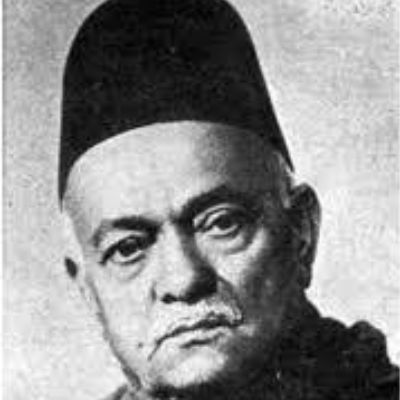
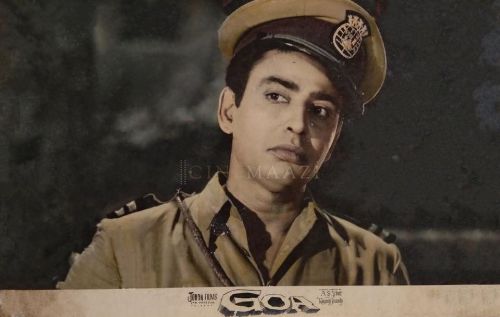
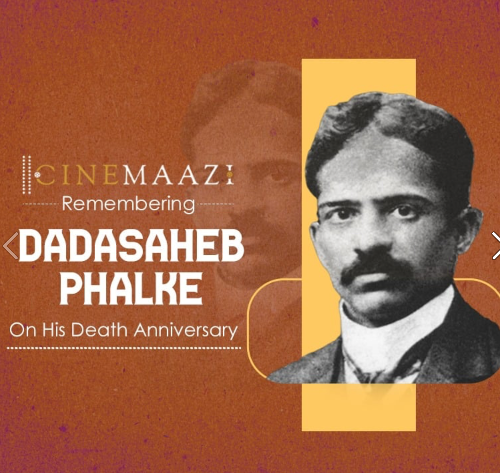


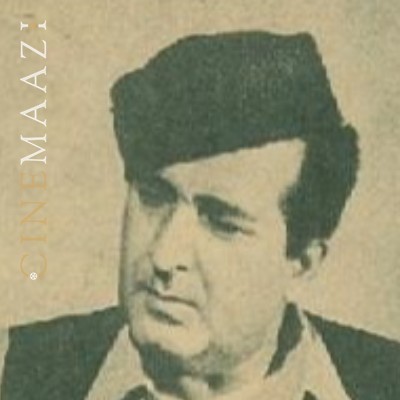
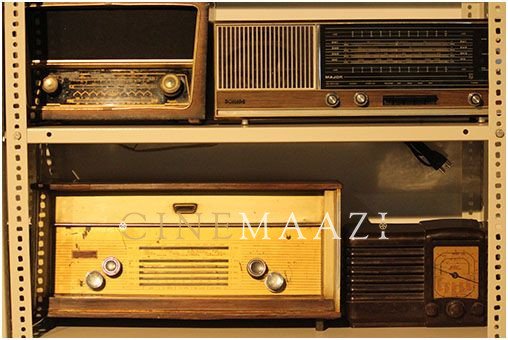
.jpg)



